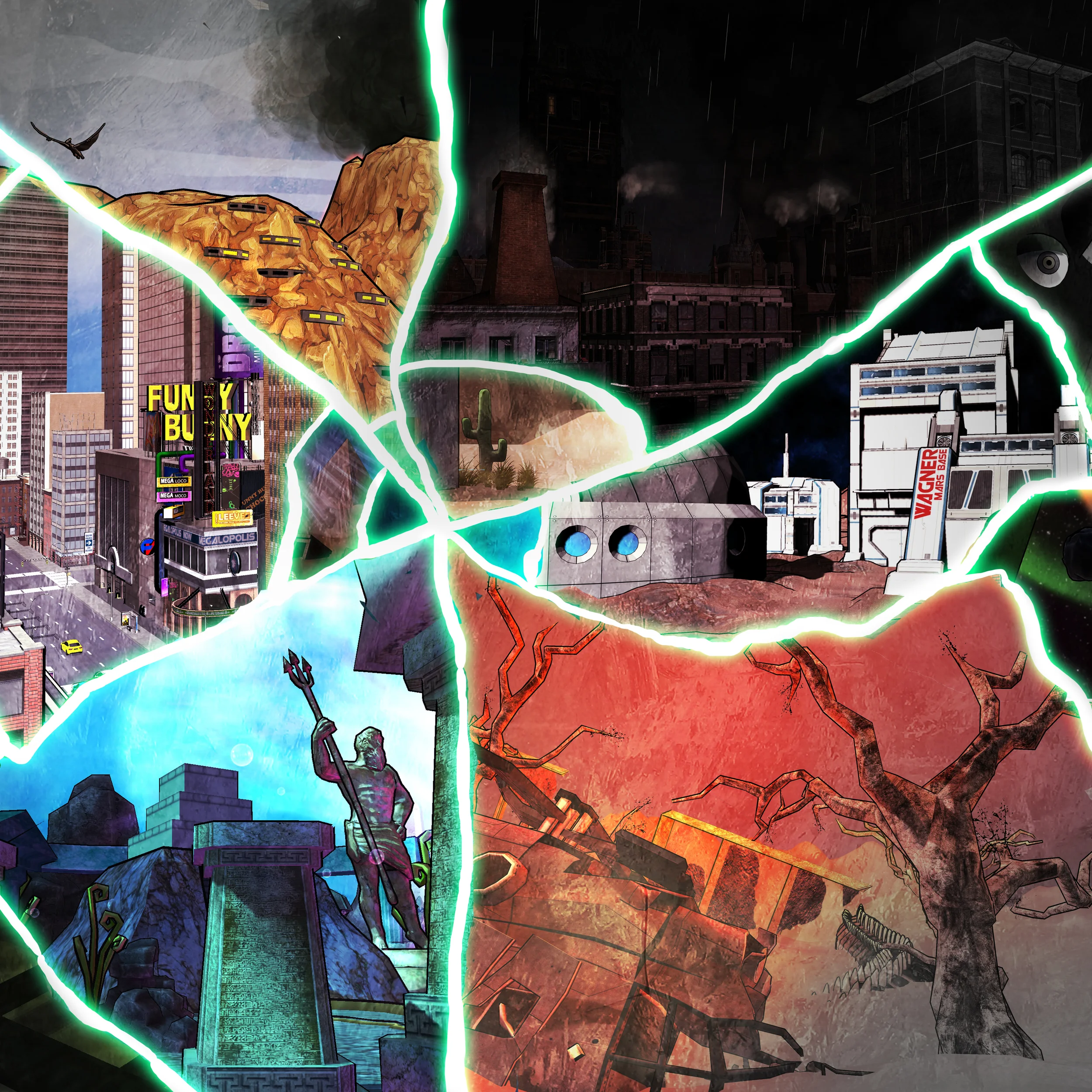The image, culturally insensitive as it may be, drawn to mind when one thinks of "cannibals" is of some poor colonial explorer, tied to a spit and being slowly roasted alive. The key word here is - SLOWLY.The reason we refer to a company chipping away at it's own core market as "cannibalizing" is because of this issue of speed. When something is big and fast and sudden, there are other terms for it:
- game-changer
- revolution
- (something)-killer
- paradigm-shifting
- etc
The key problem with the Netflix/Qwickster maelstrom is that someone got a bit confused. They were worried about the cannibals and chose to shoot the poor explorer. And along with the explorer, they also chose to shoot the horse he rode in on.
I've had a Netflix account since before September 11th. It was a brilliant concept at just the right time. The world wouldn't be ready for internet-delivered digital video for a decade (or 5 years if you are not in the USA) and the heavy, bulky, prone to failure VHS had been given it's marching orders. These small spinning discs could fit in an (oversized) envelope and come right to your door, AND you could get as many as you could watch. And one thing that made it more in line with the TiVo's of the world than the Blockbusters was the recommendation system. Tell it how much you liked a film, it could tell you how likely you were to like others. For more than a decade, Netflix happily recommended movies and I watched a ton of stuff I never would have seen because of it.
Add to this formula the instant gratification of watching it RIGHT NOW over the internet and geeks (myself included) were in 7th heaven. The same recommendations, a slightly lower audio and video quality (yes, I still preferred blu-ray), but you can put a lot of value on not having to wait. It was the complete package. For TV shows and "oh yeah, I did want to see that" movies, I could stream them. For the really good stuff, I could wait for the 1080p 7.1 DTS Master Audio spinning disc (minus special features of course - stupid). But they say, when you are on top, you only have one way to go.
Reed Hastings stated in his blog that "companies rarely die from moving too fast" and this may be true. But is death the only option? Netflix, the one stop shop and "complete package" has chosen to split that package up. Where once there stood the (mostly) undisputed champion of home video viewing, there now stand two... somethings? One is the Netflix of yore, but under a name only a pothead could love. The other is Netflix 2.0, all streaming all the time (but no, we don't have that). The truth is, neither is a service I would sign up for today by itself, but for the moment, I have both.
So which of these two "less valuable than the whole" services will get my viewing history? Which one gets my preferences moving forward? My viewing future? The unfortunately truth is that when you're busy "not dying by moving too fast", you sometimes miss things like this.
For an idea how to handle the "cannibalization" concept correctly, take a look at the iPod business. No seriously, take a look at it. It's still there. There's 3 completely different models still (not counting the iOS-based touch). They are still being sold by Apple and they are still called iPods (not podsters, and not being sold by a wholly owned subsidiary). Despite the fact that the good money is on iOS based phones, pods and pads moving forward, the iPod business is the quintessential "cannibalization" strategy. You replace something that was working great with something that still works, but better (even if it's in different ways). The cannibalization comes from the fact that it's still made by you and you can let the old product die on YOUR terms. Taking something that's working great, splitting it up into two things that work way less great and calling it innovation is something very different.
How this Netflix/Qwickster thing will ultimately shake out is yet to be seen. Maybe both services will stick around. But even if they do, both will just be a shadow of what they were when they were still together.

